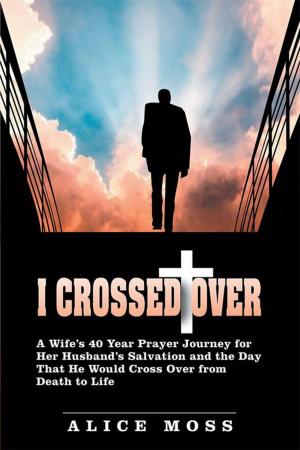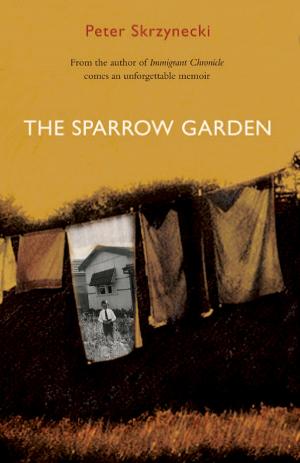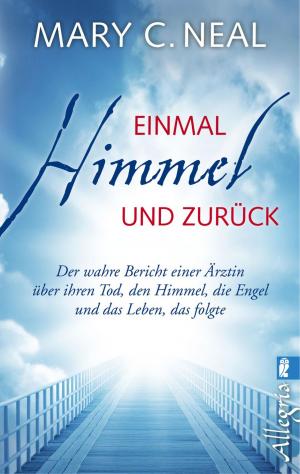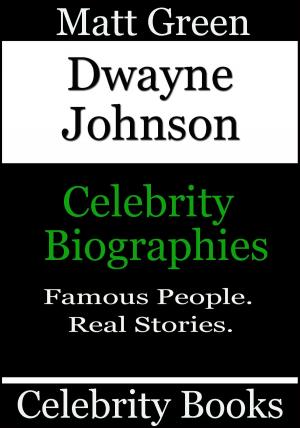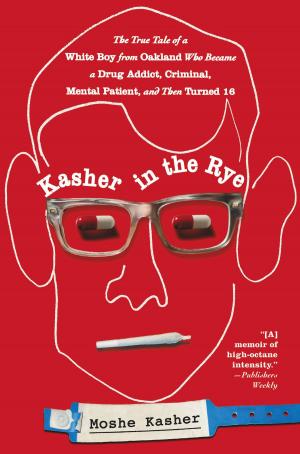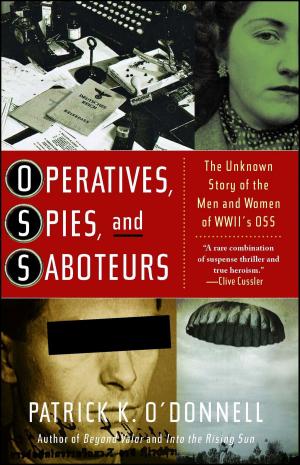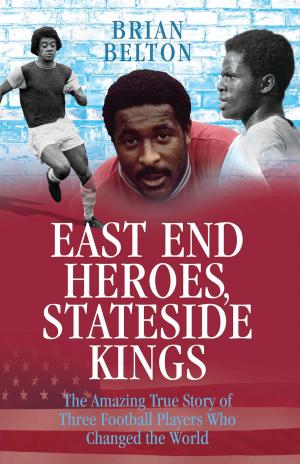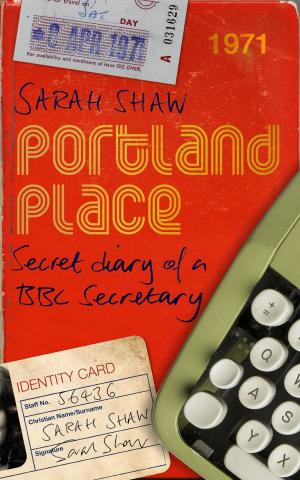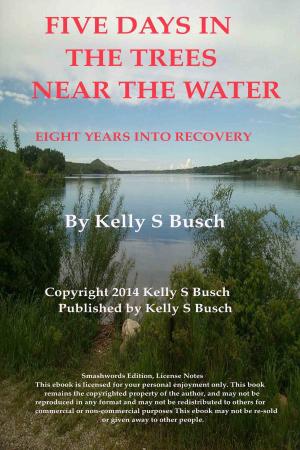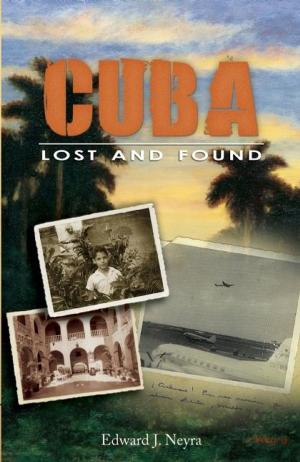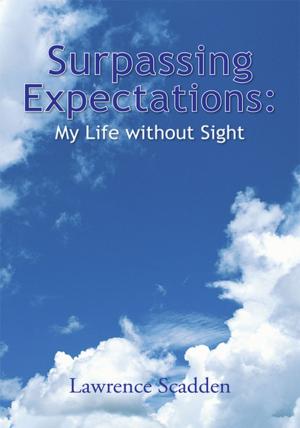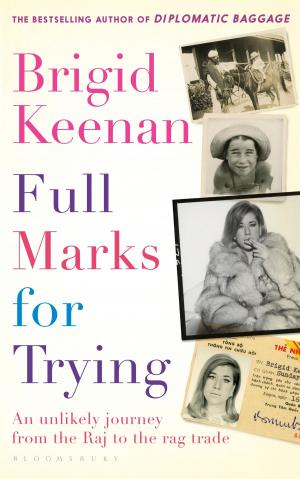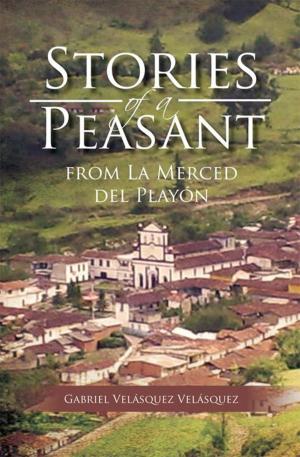| Author: | Leo Cappel | ISBN: | 9781310582776 |
| Publisher: | Leo Cappel | Publication: | May 28, 2015 |
| Imprint: | Smashwords Edition | Language: | English |
| Author: | Leo Cappel |
| ISBN: | 9781310582776 |
| Publisher: | Leo Cappel |
| Publication: | May 28, 2015 |
| Imprint: | Smashwords Edition |
| Language: | English |
Like a Guardian
Leo Cappel is a Holocaust survivor, writer, sculptor and musician. Born in Holland, he survived the war by going into hiding. Leo studied art at the Rietveld Academy, Amsterdam. He worked as an art teacher, as jeweller and as a scuba diving instructor before emigrating to New Zealand. 'Like a Guardian' is his autobiography and bibliography.
In his own words:
My earliest memory is of my grandmother teaching me how to say cigar in Dutch ('sigaar', I was born in Amsterdam). My grandmother also spoke Yiddish, but she thought Dutch was enough to start with. Words intrigued me then, and have done so ever since. Words, sounds and patterns - read: writing, music and sculpting.
During the war I had to hide with a family in Friesland. The adults spoke Dutch as well, but the few kids I met spoke Friesian. After the war the Red Cross sent me to Switzerland, to live with an elderly couple who spoke only Swiss-German. The Dutch word Papa became Tatte in Yiddish, Heit in Friesian, Vater in Switzerland. Later still, when I was an art student in Paris for one semester, it was Père and now it's Dad. How could I not be fascinated?
I studied art at the Rietveld Academy, Amsterdam. I worked as an art teacher, as jeweller and as a scuba diving instructor before emigrating to New Zealand.
One of my first jobs in New Zealand was with the railways, as 'relay mechanic'. My English was still rather shaky and my off-sider came from the top of Scotland! At that time I still wrote in Dutch and had stories accepted in Holland and Belgium.
Soon I was offered a position at the Canterbury Museum, making small diorama displays, mainly for country schools, and some years later I found myself creating the very large dioramas in the Auckland Museum.
My wife Karen and I got restless, and decided to build a 54 foot yacht, so we could go to sea. It took 7 years of weekends and holidays, and was financed by writing, performing on stage, playing music and building unusual musical instruments in what little spare time we could find.
We lived on board, getting ready to travel overseas. Then a bombshell: the asbestos in my lungs - legacy of my Auckland Museum job! - started to play up, no more ocean sailing after all. My response: to write a cheerful novel, "SAIL THEATRE, SAIL", to be followed by several stage plays; musicals; the novels CLONE, VIP, The Bloody Rosie and more.
After 16 years aboard we lived for another 10 years on top of a hill on tiny Kawau Island, where there are no shops, no roads, no rubbish removal or any other services apart from electricity - most of the time - and telephone, and where we got our mail delivered by the Royal Mail Run ferry twice a week.
Like a Guardian
Leo Cappel is a Holocaust survivor, writer, sculptor and musician. Born in Holland, he survived the war by going into hiding. Leo studied art at the Rietveld Academy, Amsterdam. He worked as an art teacher, as jeweller and as a scuba diving instructor before emigrating to New Zealand. 'Like a Guardian' is his autobiography and bibliography.
In his own words:
My earliest memory is of my grandmother teaching me how to say cigar in Dutch ('sigaar', I was born in Amsterdam). My grandmother also spoke Yiddish, but she thought Dutch was enough to start with. Words intrigued me then, and have done so ever since. Words, sounds and patterns - read: writing, music and sculpting.
During the war I had to hide with a family in Friesland. The adults spoke Dutch as well, but the few kids I met spoke Friesian. After the war the Red Cross sent me to Switzerland, to live with an elderly couple who spoke only Swiss-German. The Dutch word Papa became Tatte in Yiddish, Heit in Friesian, Vater in Switzerland. Later still, when I was an art student in Paris for one semester, it was Père and now it's Dad. How could I not be fascinated?
I studied art at the Rietveld Academy, Amsterdam. I worked as an art teacher, as jeweller and as a scuba diving instructor before emigrating to New Zealand.
One of my first jobs in New Zealand was with the railways, as 'relay mechanic'. My English was still rather shaky and my off-sider came from the top of Scotland! At that time I still wrote in Dutch and had stories accepted in Holland and Belgium.
Soon I was offered a position at the Canterbury Museum, making small diorama displays, mainly for country schools, and some years later I found myself creating the very large dioramas in the Auckland Museum.
My wife Karen and I got restless, and decided to build a 54 foot yacht, so we could go to sea. It took 7 years of weekends and holidays, and was financed by writing, performing on stage, playing music and building unusual musical instruments in what little spare time we could find.
We lived on board, getting ready to travel overseas. Then a bombshell: the asbestos in my lungs - legacy of my Auckland Museum job! - started to play up, no more ocean sailing after all. My response: to write a cheerful novel, "SAIL THEATRE, SAIL", to be followed by several stage plays; musicals; the novels CLONE, VIP, The Bloody Rosie and more.
After 16 years aboard we lived for another 10 years on top of a hill on tiny Kawau Island, where there are no shops, no roads, no rubbish removal or any other services apart from electricity - most of the time - and telephone, and where we got our mail delivered by the Royal Mail Run ferry twice a week.

